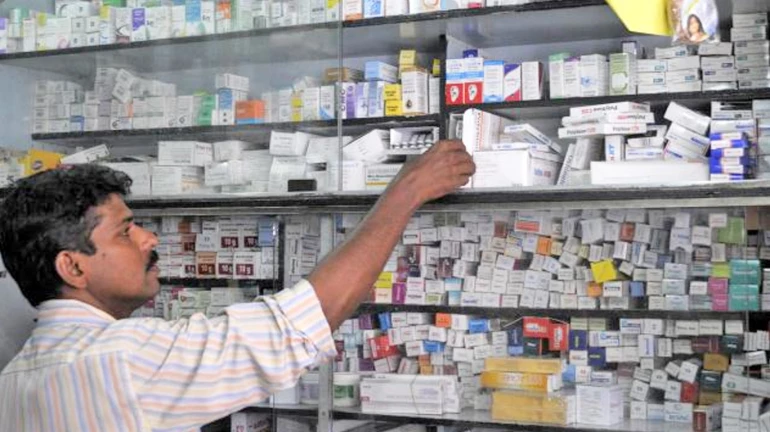
According to reports, data released by the Brihanmumbai Municipal Corporation (BMC) brings to light monsoon-related diseases reported between January 1, 2022, and July 3, 2022. In accordance with this data, during the said period 1282 cases of Malaria have been registered.
Similarly, 2946 cases of Gastroenteritis, 259 cases of Hepatitis and 130 cases of Dengue have been reported. The number of Chikungunya and Leptospirosis stood at 5 and 35 respectively. On a positive note, no deaths were witnessed in the said time frame amongst these diseases.
Based on accounts, the civic body claims that while all other diseases are under control, cases of Dengue are increasing in E ward (Reay road and Madanpura areas) and HE ward (Indira Nagar, Gaondevi, Vakola pipeline).
Following the report of these monsoon-related diseases, Dr Tushar Rane, Internal Medicine Expert, Apollo Spectra Hospital, Mumbai said, "Dengue cases are rising in Mumbai while other diseases such as malaria, leptospirosis, and chikungunya have gone down. To prevent dengue, wear full-sleeved clothes to avoid mosquito bites, use mosquito repellents, close windows during the evening, keep the surroundings clean and avoid water stagnation near the house. Mosquitoes prefer damp and dark places thus, have your home filled with streaming sunlight. Try to put up screens on the window to prevent mosquitoes from entering your home. Do not ignore symptoms of dengue such as muscle pain, body ache, vomiting, fever, and headache, and consult the doctor on an immediate basis."
Further, Dr Vikrant Shah, consulting physician, intensivist and infection disease specialist, Zen Multispeciality Hospital Chembur, mentioned, "The symptoms of viral and COVID-19 tend to overlap with each other. If one is having joint pain, fever, chills, cough, sore throat, tiredness, runny nose, or loss of appetite for more than 3 days then he/she should do a Covid test to check for infection. The viral cases are on the rise due to sudden changes in the climate owing to the monsoon. People get drenched in rain or end up wearing wet clothes for a longer time and this can raise their chances of having a viral. Currently, there is a surge in malaria and dengue cases due to mosquito breeding in rainwater."





